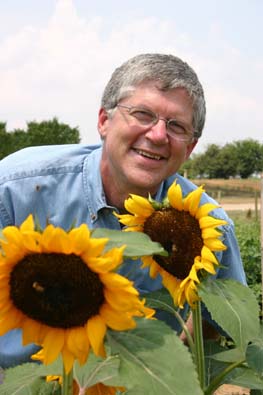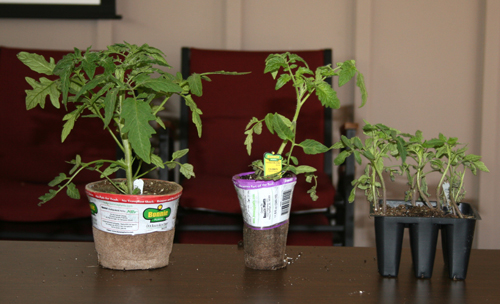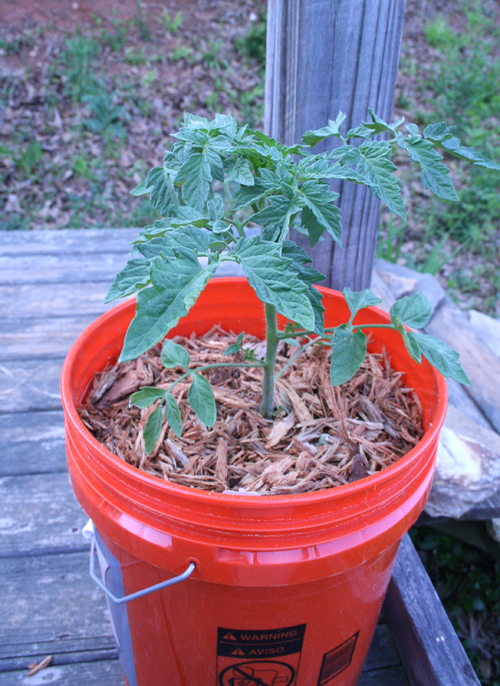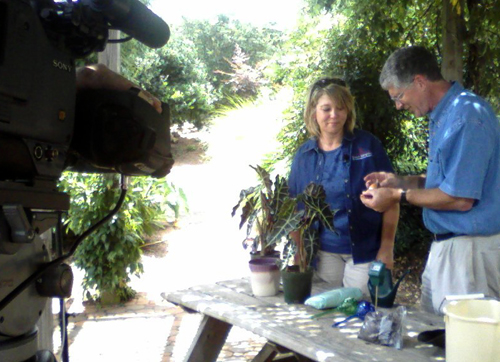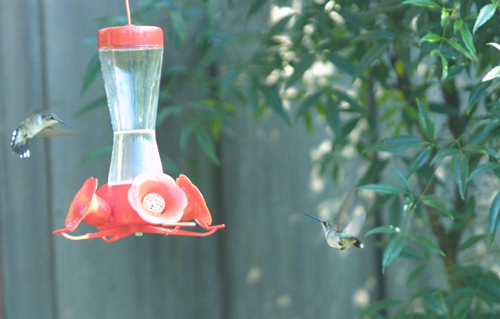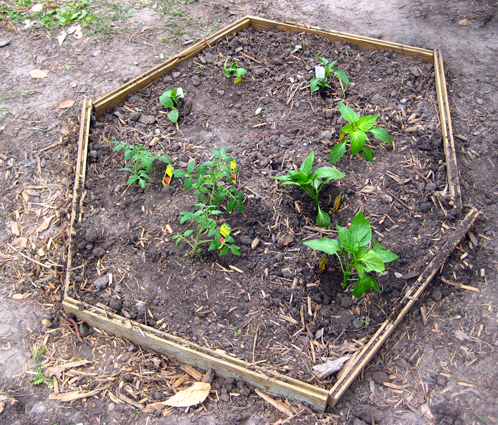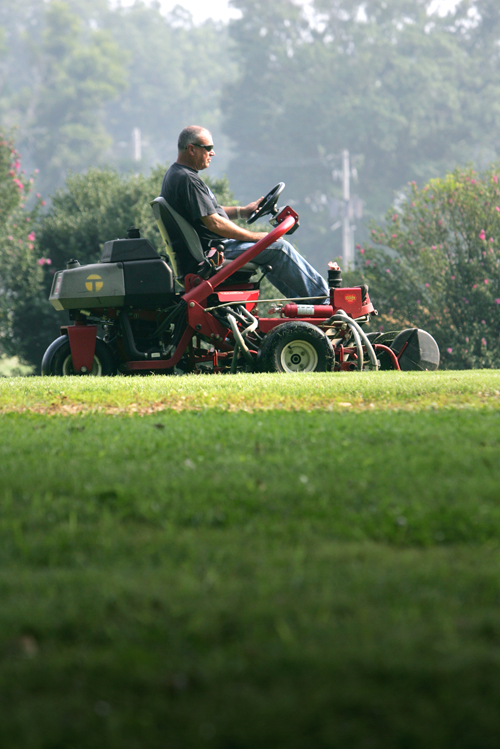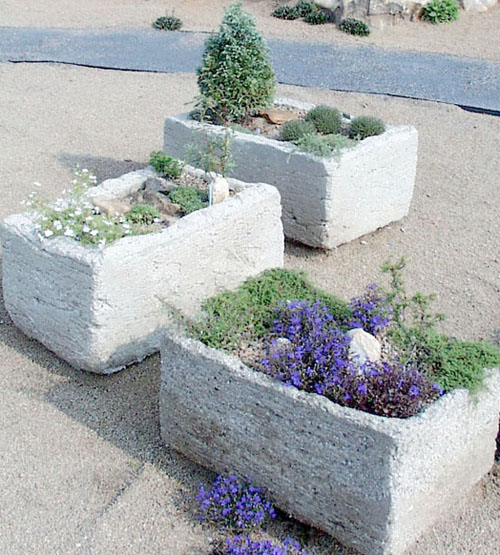 CAES News
CAES News
Garden expo slated
The Georgia Mountains Master Gardeners will present their annual garden expo May 15 and 16 at Hancock Park in Dahlonega, Ga. The expo will be held in conjunction with the Mountain Flower Arts Festival.

